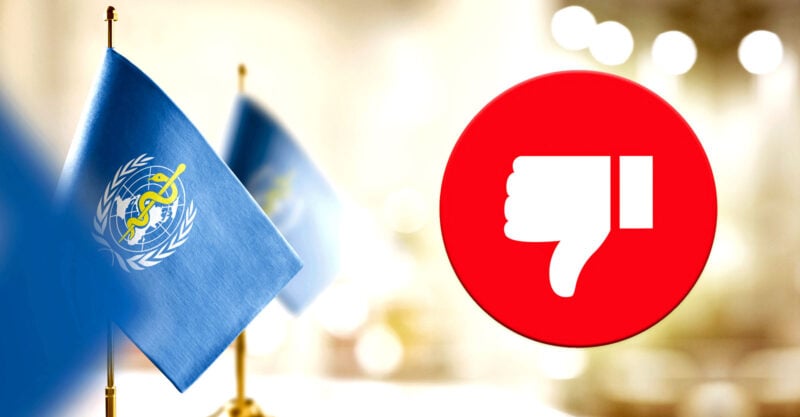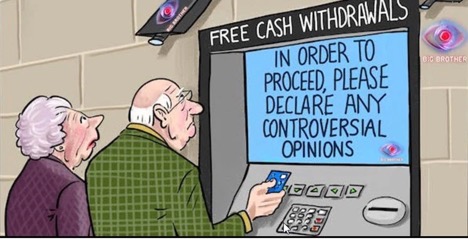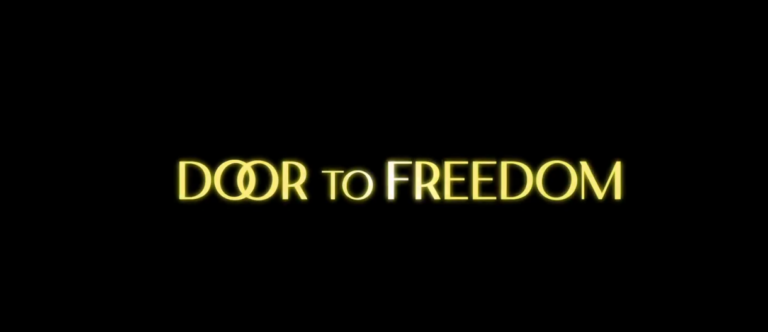This article is a repost. It was originally published by The Defender
In a joint statement issued Aug. 29, the governors accused the WHO of using the Pandemic Agreement to attempt “one world control over health policy.”
Twenty-six U.S. governors — over half of the nation’s state leaders — have stated publicly that they will not comply with a World Health Organization (WHO)-led global attempt at controlling U.S. Americans’ health.
In their Aug. 29 statement, the 26 governors — all Republicans — and the Republican Governors Association accused the WHO of “attempting one world control over health policy” by promoting a “pandemic agreement” or “pandemic treaty.”
“Put simply,” they wrote, “Republican Governors will not comply.”
Since 2021, the WHO has been drafting proposals for a pandemic agreement and amendments to its International Health Regulations.
During the organization’s most recent World Health Assembly session, which ended on June 1, WHO negotiators did not agree on a final draft of a pandemic agreement. However, they did make “concrete commitments to completing negotiations on a global pandemic agreement within a year, at the latest, and possibly in 2024,” the WHO stated.
Health freedom activist Dr. Meryl Nass, an internist and founder of Door to Freedom, an organization that lobbied against the WHO pandemic treaty proposals, told The Defender the governors’ statement is “very necessary at this time” because the United Nations (U.N.) — which runs the WHO — “seeks to gain world control over emergencies such as cyber emergencies, supply chain emergencies or outer space emergencies.”
“The jig is up,” Nass said. “It has become widely understood that the U.N. system is being used in an attempt to centralize its control and usurp national sovereignty.”
The governors said they refuse to comply with a WHO pandemic agreement because it would consolidate power in the hands of the WHO, thereby threatening national sovereignty, states’ rights and U.S. Americans’ constitutionally guaranteed freedoms.
Nass said:
“This was every Republican governor in the United States with the single exception of Vermont Republican governor [Phil Scott]. He governs a state that is strongly Democrat and may have felt he could not expend the political capital required to go along and make this statement unanimous.”
The 26 governors pointed to a May 22 letter to President Joe Biden in which 24 Republican governors voiced their concerns about the WHO’s proposal.
According to the letter, the WHO’s proposed treaty would “empower the WHO, particularly its uncontrollable Director-General, with the authority to restrict the rights of U.S. citizens, including freedoms such as speech, privacy, travel, choice of medical care, and informed consent, thus violating our Constitution’s core principles.”
WHO fails to pass pandemic treaty but says it’s still committed to it
For more than two years, the WHO has been trying to pass a pandemic treaty deal.
In December 2021, the agency’s World Health Assembly established an “intergovernmental negotiating body” to draft an international agreement under the WHO’s constitution to strengthen the agency’s pandemic prevention, preparedness and response. The U.S. federal government supported the initiative.
Although WHO negotiators disagreed on a final draft of the agreement during the most recent World Health Assembly session, they did approve a set of revisions to the WHO’s International Health Regulations.
However, the approved revisions did not include many of the most restrictive proposals that worried health freedom advocates, The Defender reported.
Nass wrote on her Substack that the World Health Assembly “had to adopt something to save face, and it had become apparent to the globalists that they would not do any better if they delayed a decision.”
U.S. states’ actions ‘central’ to defeating WHO pandemic plan
Action by U.S. states was “central” to defeating the WHO plan to centralize control of public health during declared emergencies, Nass told The Defender.
“Children’s Health Defense and Door to Freedom were central in devising this strategy,” she said, adding:
“The Constitution’s 10th Amendment reserves for the states all powers that were not specifically granted to the central government. Healthcare was never a federal authority.
“Therefore, we urged citizens to contact their attorneys general, governors, legislators — and federal officials — to demand they not turn over authority for health to the WHO.”
In May, in addition to 24 governors writing their letter of opposition, 49 senators called on the Biden administration to reject the WHO agreement.
Additionally, 22 attorneys general told Biden they would “resist any attempt to enable the WHO to directly or indirectly set public policy for our citizens.”
Numerous states — including Utah, Florida, Louisiana and Oklahoma — wrote legislation to prevent the WHO from overriding states’ authority on matters of public health policy.
“I am certain,” Nass added, “that these efforts reverberated around the world and helped lead to rejection” of the WHO’s proposals.








